Aramco, KAUST team finds hybrid gasoline compression-ignition architecture can reduce GHG 26-55% vs. conventional SI
Green Car Congress
APRIL 27, 2020
Researchers from Saudi Aramco and KAUST (King Abdullah University of Science and Technology), with a colleague from Shanghai Jiao Tong University in China, assessed the effects of adopting 4 hybrid architectures on the life-cycle GHG emissions of a novel high-reactivity fuel in an advanced compression-ignition engine (GCI). Abdul-Manan et al.

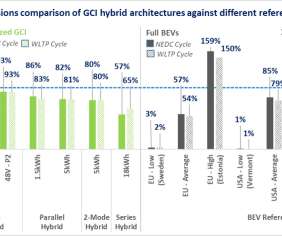


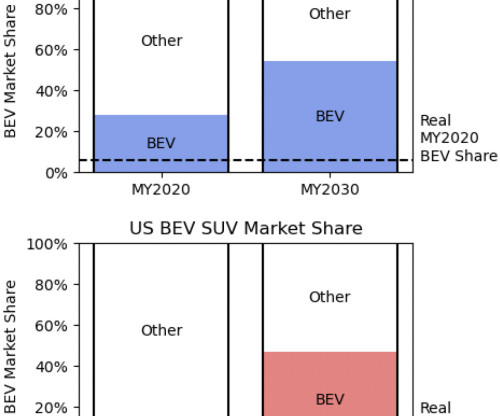
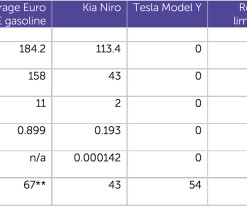
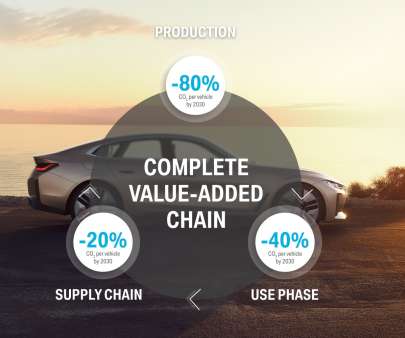


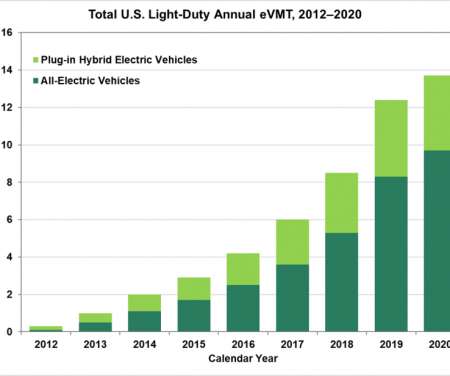
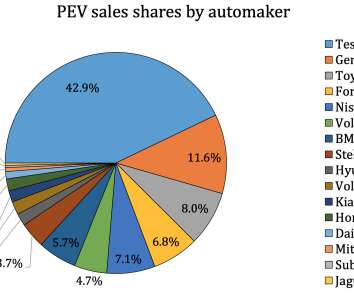

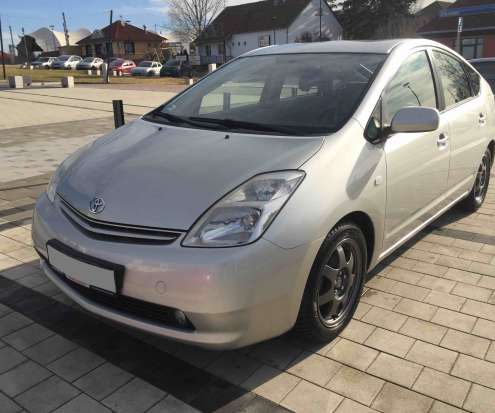






















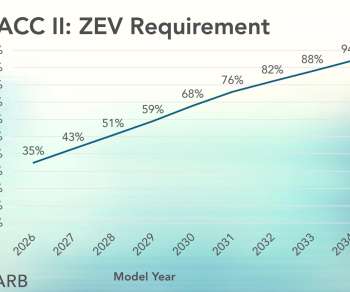








Let's personalize your content